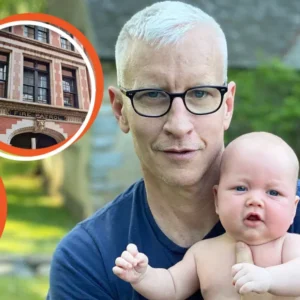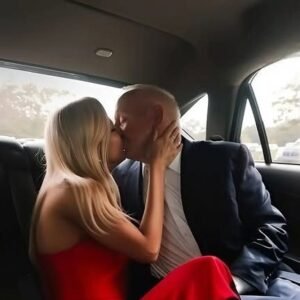Kid Rock’s performance at the Republican National Convention (RNC) made history, becoming the most-watched event of all time with over one billion views, surpassing even the Super Bowl and the World Cup. This marks a significant shift in American politics, where entertainment now often takes precedence over meaningful policy discussion.
The rock star’s high-energy return to the public stage at such a political event is emblematic of the growing trend of blending entertainment with politics. In an era of short attention spans and constant media bombardment, integrating celebrities and entertainers into the political sphere has proven to be an effective way to capture public attention and engage voters.
However, this trend raises concerns about the quality of political discourse. With an increasing focus on spectacle and mass appeal, vital policy debates can easily get drowned out. High-profile performances like Kid Rock’s at the RNC might draw millions of viewers, but they risk overshadowing crucial conversations about issues like the economy, healthcare, and foreign policy.
Kid Rock’s performance also speaks to the digital age’s preference for viral, attention-grabbing content. Political events are being designed with entertainment in mind, but there’s a real risk that the spectacle itself can undermine deeper, more substantive discussions. While entertainers bring energy and charisma, it’s critical to ensure that the core issues take center stage as well.
In the end, Kid Rock’s show-stealing RNC appearance underscores the challenge of striking a balance between entertainment and serious political debate. The key is to make sure that entertainment enhances, rather than detracts from, the democratic process and the important conversations that should be happening in our political discourse.





